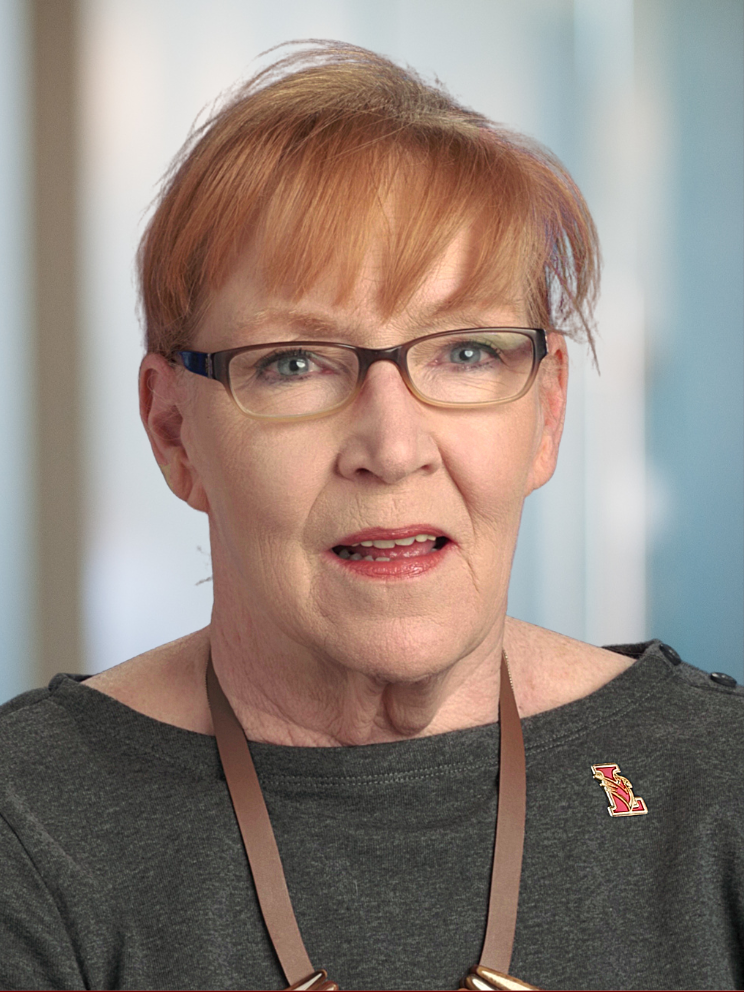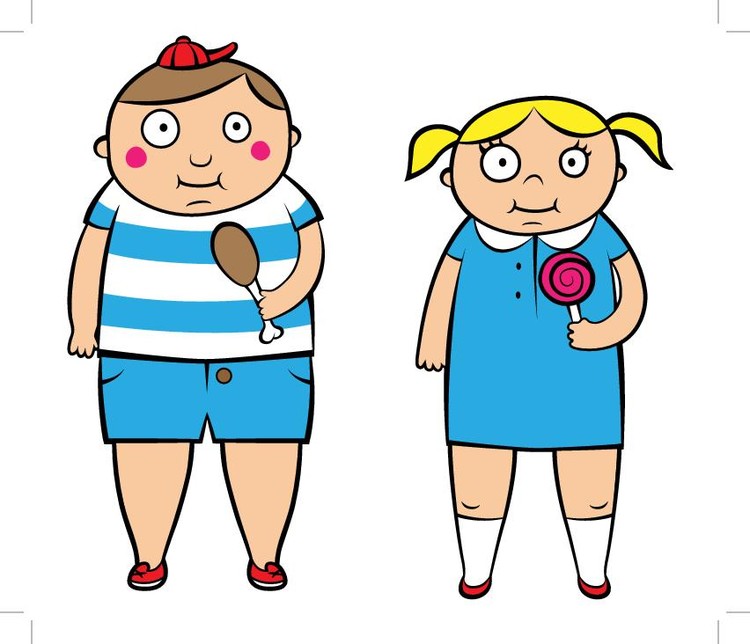Are we teaching our children today what they need to know to assure good health beyond childhood and throughout their lives?
Confuse Hamlet with Macbeth and you may not graduate from high school. Forget that pi is 3.141592 and it’s summer school for you. But should not knowing basic health risks also merit a failing grade? This knowledge, over time, could have life-changing consequences unlike anything you’ve forgotten from music theory.
An article at WebMD reports that one-third of today’s teens are overweight and 17 percent are obese but claims parents are more uncomfortable talking about weight than they are about discussing sex or drugs. A study on the PubMed website suggests that parents are not able to see their child as overweight, even when obesity is an issue.
And though doctors want parents to talk to their kids about weight, it seems physicians themselves are somewhat unsure how to motivate parents to do so. According to an article in the Los Angeles Times, doctors must watch how they word a potential problem—telling a parent that a child is “fat” invokes feelings of blame and defensiveness, but using the words “weight problem” could actually spur them to action.
Parents and doctors are key, of course, but I also believe schools can play an important role in helping to curb the growing (pardon the pun) number of teens who are overweight and obese.
Many folks think schools fail in the cafeteria options. My daughter started a new school at age 9. I remember asking the principal about the hardest adjustment she’d have there and was told that navigating the cafeteria was number one. Because at the time it seemed frivolous, I laughed when she said it, but that was the first time my daughter would have freedom to choose how she spent her lunch money. There are healthy choices mixed in among the not-so-healthy, but kids are kids, and they may choose to double up on the ice cream instead of the fruit options—with no parent the wiser. What is the message we send kids when the cafeteria options run the gamut?
Educators of all types are beginning to recognize that they need to step in to teach children how to make healthy eating choices. Former first lady Michele Obama had an impact on kids’ eating choices. She would pop up on the television channels my teenagers watch with her “Let’s Move” initiative to show kids a healthier lifestyle. She even got McDonald’s to add more fruit—and less fries—to Happy Meals. Jamie Oliver, a British chef and television personality, started a foundation to raise awareness about processed foods in our schools and is educating people to make healthier food choices for their children and for themselves.
My kids are both extremely active with extracurricular sports, so their weight is not an issue today. I don’t think they’ll always be quite this active in their 20s and beyond, and as a mom, I want them to understand that they need to be aware of health risks as their bodies change. Better to ingrain good habits now to assure a longer, healthier life.

Pepper Evans works as an independent-living consultant, helping older adults age in place. She is the empty-nest mother of two adult daughters and has extensive personal and professional experience as a caregiver. She has worked as a researcher and editor for authors and filmmakers. She also puts her time and resources to use in the nonprofit sector and serves on the Board of Education in Lawrence Township, NJ.



